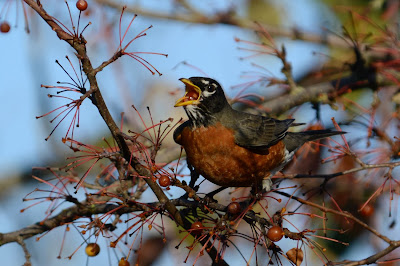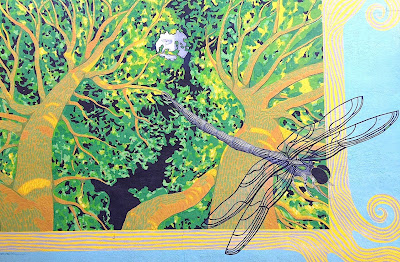"If I'd been told as a child what the life of an adult is like, I wouldn't have believed it. I'd never have believed it could be so unfinished.
- John Berger, Once in Europa
I believed I could fly. If the blue jays hopped from the railing to sail into the sky and sparrows fluttered from branches, it could happen for me. Launching from trees and second floor hotel rooms did not send me soaring but taught a marvel for gravity. My curiosity prevailed and flight exploration continued.
Adulthood seemed too far to reach. Not many grownups had humor and gleams in their eyes like my father. My mother used her creativity for piano tunes, embroidery and copper work. Her activities felt too tame. Adventure called from tree branches.
Watching butterflies turn into flying creatures also gave me hope for flight. I searched the sky to learn the sequence in flaps of wings.
Adulthood continues to perplex and never gets in the way of fun regardless of life's realities.
Creative Write: What did you believe as a child that you had to relinquish? Would you like to return to that state again? How would you write about it?









































